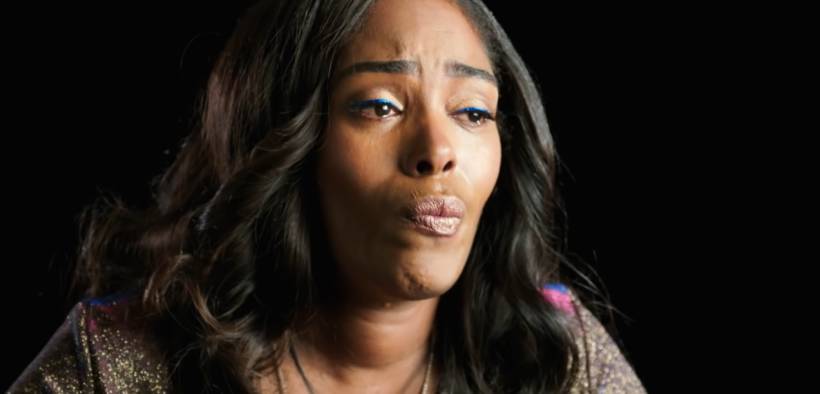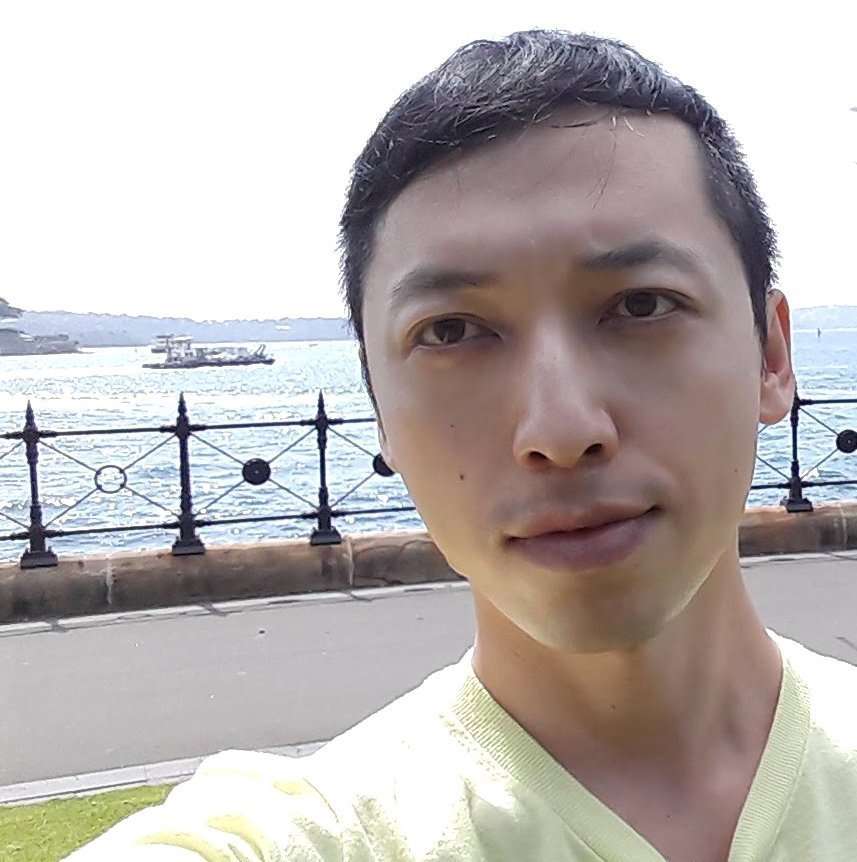‘Surviving R. Kelly’ Sequel: A Much-Needed Voice for Black Victims?

“We have to acknowledge the long, horrible history of black men being falsely accused of sexual violence in this country… we also have to acknowledge the long and horrible history of sexual violence against black women in this country.”
The six-part documentary series “Surviving R. Kelly” debuted last January on Lifetime as part of the ongoing dialogue on sexual assault that #MeToo started. The series ignited a media frenzy, including an explosive interview with the successful recoding artist himself, who pleaded not guilty as of last summer—but is a sequel to this series necessary?
R. Kelly is facing federal charges of obstruction of justice, child pornography, and sex trafficking of women and girls. His victims, many of them minors when they encountered R. Kelly, have accused him of abuse as well.
With a sequel to the documentary series set to debut this January, there may be a question of why it is necessary—given that the first series had six episodes to delve into the details of R. Kelly’s abuse.
However, the three-part “Surviving R. Kelly Part II: The Reckoning” promises to explore other vital themes to this particular case.
It will explore the aftermath of the initial series, which included threats and online attacks aimed at many of the survivors who spoke out. This is certainly a common experience for many victims of sexual assault of all genders and races: being shamed and doubted for their experiences of abuse.
The new series will also track the legal battles Kelly has faced since the first series, and even elaborate on Kelly’s own childhood history as a victim of sexual abuse.
Another key theme that arose from the first series and is still relevant is the significance of race.
“The reason folks can’t understand what #MeToo is about is that they don’t understand the life cycle of a survivor,” said Tarana Burke, founder of the #MeToo movement. “In particular, we don’t see it in black girls, and listening to the sister talk about how it affected her…we don’t get to see that around most survivors — and we definitely don’t get to see it about black girls.”
Indeed, there is still an unspoken lack of priority for victims of color in our culture, but perhaps it is also apparent within their own communities: “Surviving R. Kelly” executive producer, dream hampton, believes there is a long history of backlash against women who speak out about abuse in the black community.
This may explain why there was a prevalent pushback from the black community in response to the first documentary series about R. Kelly’s abuse. Complications arise because of historic injustice against black men, who were wrongfully accused of crimes including sexual assault.
“We have to acknowledge the long, horrible history of black men being falsely accused of sexual violence in this country,” conceded Burke, who is African-American. “It’s a true fact, we know it. The part you can’t get folks go past is that if we can acknowledge that history, then we also have to acknowledge the long and horrible history of sexual violence against black women in this country. Both at the hands of white people and at the hands of black men. That’s not an indictment against black men.”
“Surviving R. Kelly Part II: The Reckoning” premieres on Lifetime on January 3, 2019.















